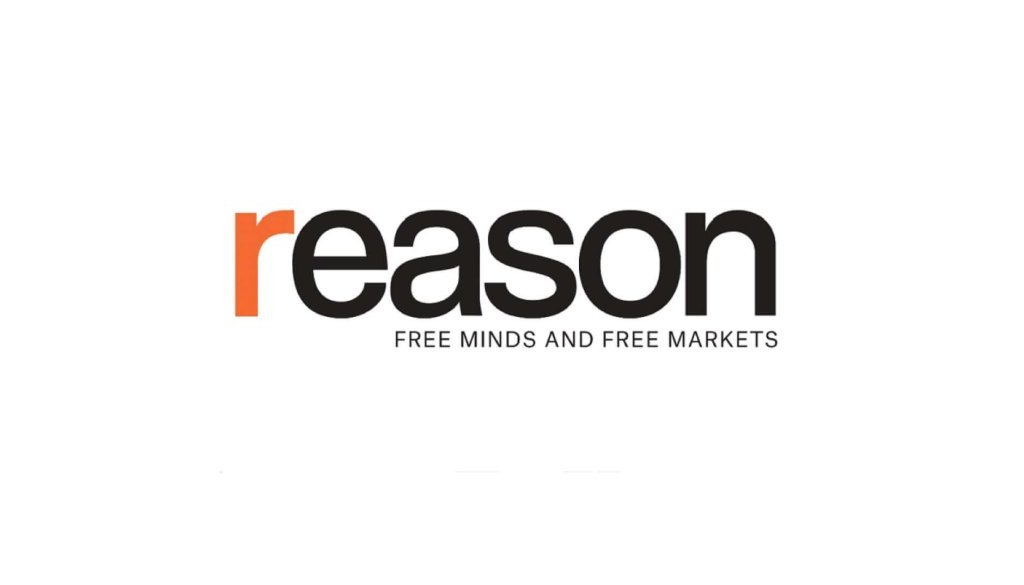Does Drug Use Lead to Addiction, or Are Some Brains More Prone To Use Drugs?
Does using alcohol, nicotine, or cannabis engender addiction by changing the structure of brains, or does the structure of brains incline some people toward using those substances? In standard brain disease models of addiction, the neurotoxic effects of abused psychoactive substances are thought to cause brain changes that spur compulsive cravings for drink, smokes, or dope.
A recent study in JAMA Network Open, an open-access, peer-reviewed, international medical journal published by the American Medical Association, challenges that model and suggests that brain differences associated with addiction precede rather than result from substance abuse. A team of neuroscientists examined associations between brain structure and substance use initiation in nearly 10,000 children enrolled in the ongoing Adolescent Brain Cognitive Development (ABCD) Study.
Children aged 9 to 11 years were enrolled in the study. MRIs of each child’s brain were taken at that time. None of the kids in the initial cohort reported using alcohol, nicotine, cannabis, or other psychoactive substances. During the next three years, the researchers periodically asked the kids, all still below age 1
Article from Reason.com

The Reason Magazine website is a go-to destination for libertarians seeking cogent analysis, investigative reporting, and thought-provoking commentary. Championing the principles of individual freedom, limited government, and free markets, the site offers a diverse range of articles, videos, and podcasts that challenge conventional wisdom and advocate for libertarian solutions. Whether you’re interested in politics, culture, or technology, Reason provides a unique lens that prioritizes liberty and rational discourse. It’s an essential resource for those who value critical thinking and nuanced debate in the pursuit of a freer society.



